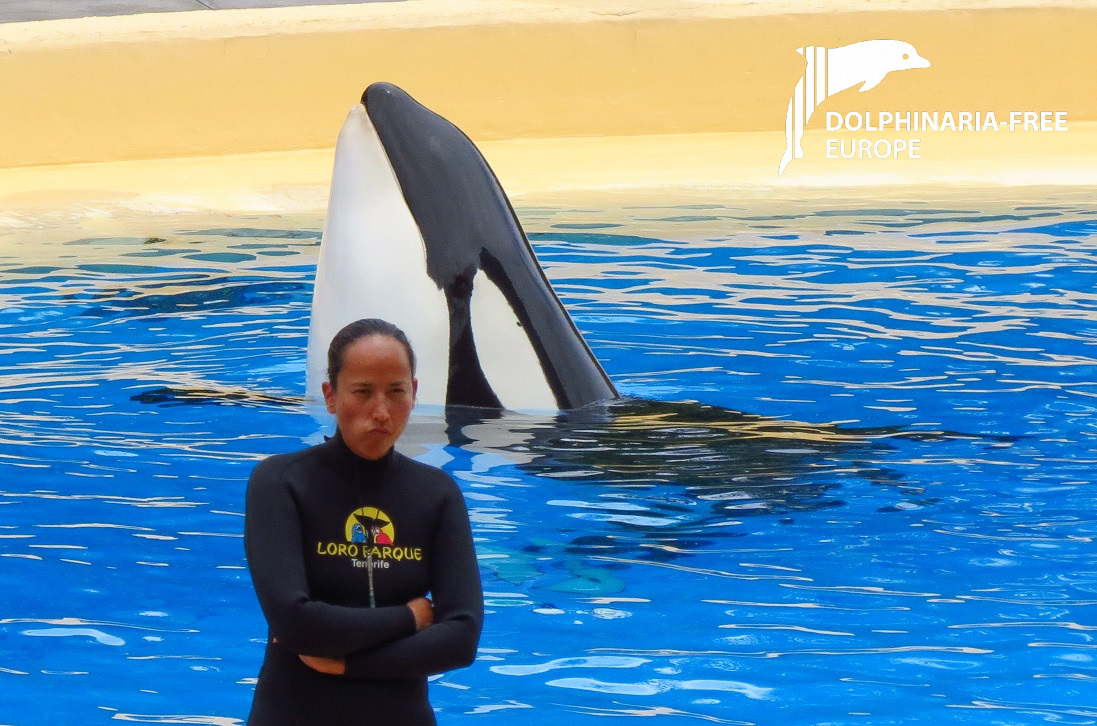
Following the issue of their ‘encyclopaedia’ of anti-captivity arguments, Loro Parque recently included a post on their social media explaining why their work on orca breeding including research of reproduction is so important.
Highlighting threats to wild orcas in an accompanying video, Loro Parque independent expert Dr Geraldine Lacave, cites one danger as being high levels of PCBs which are threatening the isolated orca population on the West Coast of Scotland.
Whilst it is true that this population does indeed face some of the highest levels of PCBs in Europe, as found by Dr Paul D Jepson of ZSL, in his 2016 study on the impact of PCB pollution on orcas and other dolphins in European waters – there are several PCB hotspots in Europe, including the West Coast of Scotland and the Straits of Gibraltar, however whilst there is a link between PCB levels and falling numbers of orcas (and dolphins), it is not a direct connection.
Dr Lacave further states that in several decades, a stock of captive orcas may be required to replace decimated wild stocks. Surely issues facing wild cetaceans should be addressed, and solutions found, without confining them to tanks on public display in the name of research and science.

